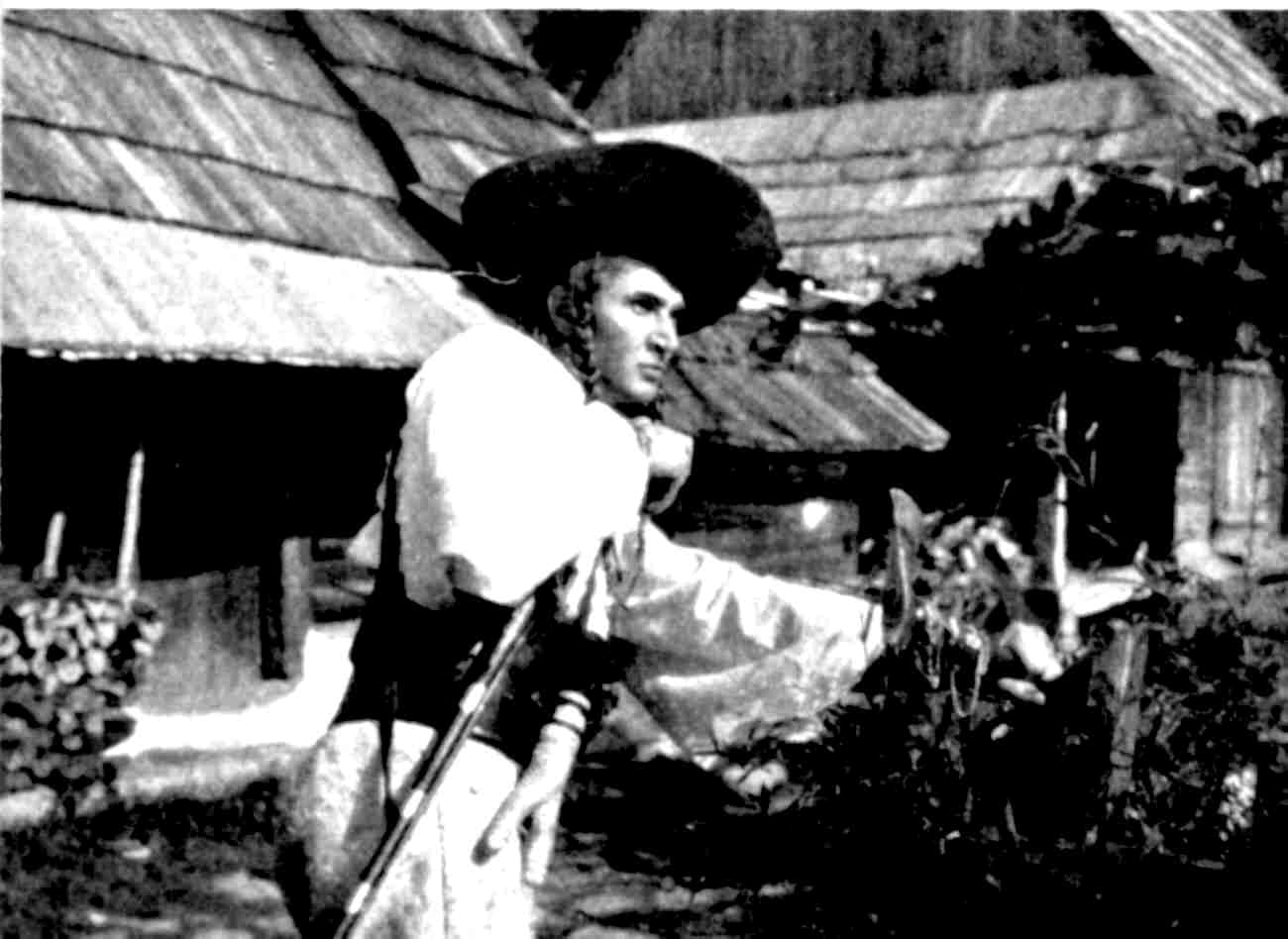Janosik, a Czechoslovak film released in 1935, is a remarkable piece of cinema history. Directed by Martin Frič, this 75-minute film presents the second adaptation of the legendary story of the Slovak folk hero, Jánošík. The film stars Pal'o Bielik in the leading role of Jura, a character who returns from his studies only to find his parents gone – his father having been beaten to death in prison. This sets Jura on a path of vengeance, leading him to the mountains to join others in fighting against feudal oppression.  Martin Frič's direction was so exemplary that he received the Czechoslovak film award for the year 1936. Ferdinand Pečenka's contribution to the film's outstanding photography also earned him significant acclaim. The film's impact was not limited to its national borders; it received positive reviews from international film critics at its premiere at the Venice Biennale. Remarkably, Janosik was sold to 32 countries in the same year, making it the only Czechoslovak film from the First Republic era to achieve such widespread international success.
Martin Frič's direction was so exemplary that he received the Czechoslovak film award for the year 1936. Ferdinand Pečenka's contribution to the film's outstanding photography also earned him significant acclaim. The film's impact was not limited to its national borders; it received positive reviews from international film critics at its premiere at the Venice Biennale. Remarkably, Janosik was sold to 32 countries in the same year, making it the only Czechoslovak film from the First Republic era to achieve such widespread international success.  The film is not just a cinematic success but also an artistic and economic triumph, representing a unique endeavor in truly Czechoslovak filmmaking. Slovak national cinema, as presented in Frič's rendition, was both pleasantly surprising and impressive. Despite its not excessively long duration, the film effectively conveyed its story, leaving a lasting impact.
The film is not just a cinematic success but also an artistic and economic triumph, representing a unique endeavor in truly Czechoslovak filmmaking. Slovak national cinema, as presented in Frič's rendition, was both pleasantly surprising and impressive. Despite its not excessively long duration, the film effectively conveyed its story, leaving a lasting impact.  The character of Jánošík, portrayed as a youthful hero around 25 years old, accomplished so much in his short life that he became a timeless legend, possibly even during his lifetime. However, the roles played by the old innkeeper and the cunning gypsy woman (Marie Strejciusová and Roza Schlesingerová) were pivotal in his eventual capture. Jánošík's acceptance of his fate, marked by dance and song, adds a poignant layer to his character.
The character of Jánošík, portrayed as a youthful hero around 25 years old, accomplished so much in his short life that he became a timeless legend, possibly even during his lifetime. However, the roles played by the old innkeeper and the cunning gypsy woman (Marie Strejciusová and Roza Schlesingerová) were pivotal in his eventual capture. Jánošík's acceptance of his fate, marked by dance and song, adds a poignant layer to his character. 
Interestingly, 27 years later, Pal'o Bielik himself took on the subject, screenplay, and direction in a famous Slovak two-part film, which many consider the best and most authentic portrayal of the legend. Additionally, the screenplay for the 1935 film involved contributions from Karel Hašler, and the film was also featured at the 4th Venice International Film Festival in 1936. Frič's casting choices were impeccable, with Bielik fitting the role perfectly, embodying the essence of a robust and heroic figure. 
As a fascinating historical note, "Janosik" was screened at the Venice Film Festival Biennale in Italy, where it garnered immense success and was distributed to 32 countries worldwide, a unique achievement for a Czechoslovak film from the era of the First Republic. This film remains a shining example of the rich cinematic heritage of Czechoslovakia and a testament to the storytelling and artistic skills of its creators.
Janosik: A Gem of Czechoslovak Cinema (1935)











